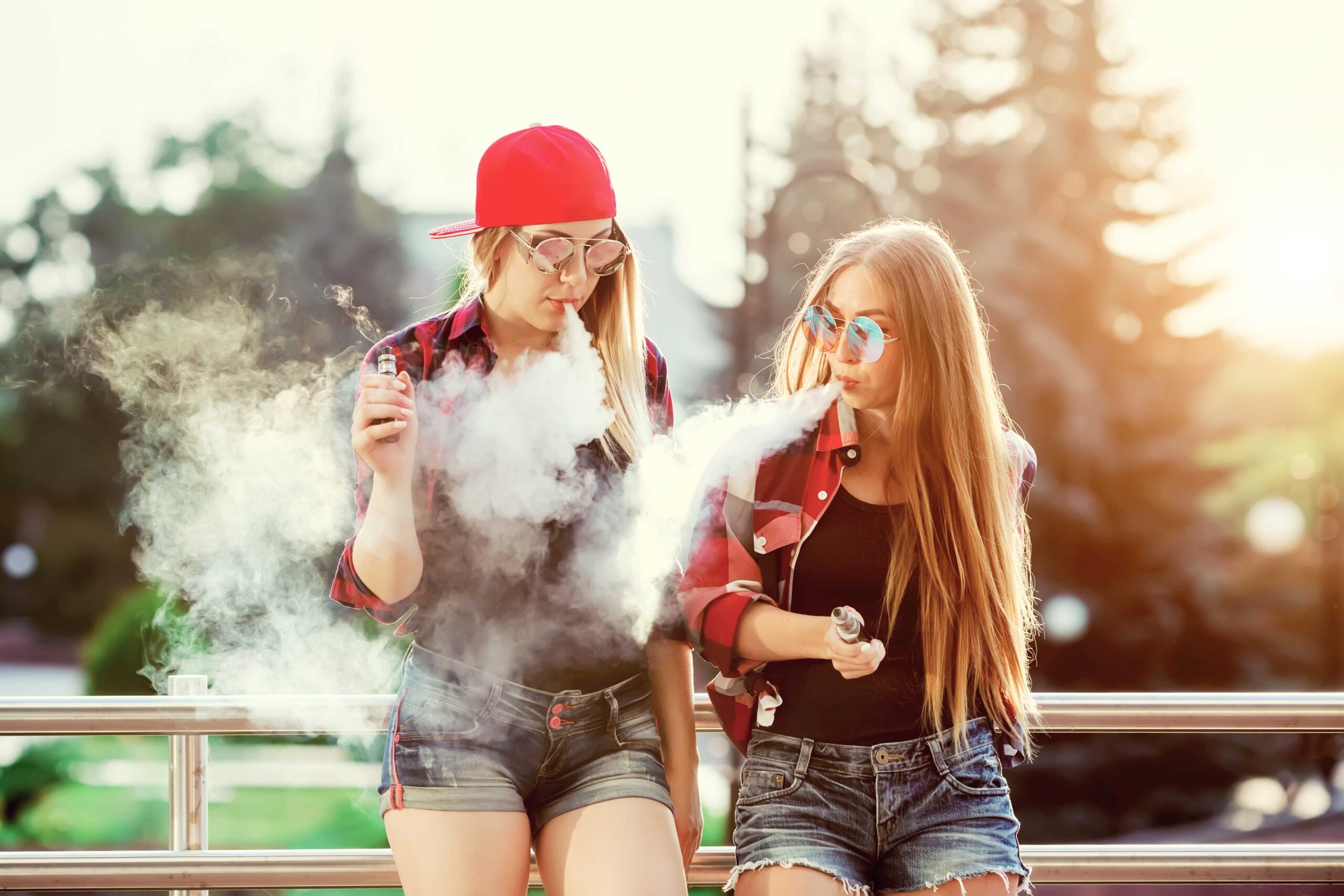Updated in 2025
The air in school bathrooms no longer smells like soap. Today, it smells like watermelon, blueberries, and other sweet flavors. Middle and high school students in Ipswich are increasingly using vapes during class.
Read also:
Soft2Bet: a Global Leader in iGaming and Innovative Solutions
According to estimates by the student council, about half of the students take a puff at least once a week. Despite the installation of special detectors in two of the nine bathrooms, the problem continues to grow.
“I just stopped going to the bathroom during class,” said one student who wished to remain anonymous. “It’s always smoky in there.”
School administrators send students who are caught to the PASS program in Beverly, which is aimed at preventing substance abuse. However, many see it not as punishment but as an opportunity to take a break.
“At PASS, we just play video games and chat,” says one student. When asked if it had affected his vaping habit, he replied, “Not at all.”
Some students admit to switching from nicotine to stronger substances, from THC to psychedelic mushrooms and nitrous oxide.
“I’ve been on mushrooms right at school. It’s happened a dozen times,” said a graduate from last year.
Substances are sold to teenagers through familiar apps such as Snapchat, Telegram, and WhatsApp. Orders are delivered to schools, homes, and parks.
School principal Jonathan Mitchell confirms that the situation is getting out of hand.
“It’s hard to prove anything. Everything happens in the bathrooms, where there is supposed to be privacy. We know it’s happening, but we can’t track the extent of it.”
Closing the toilets is being considered, but this raises the question of restricting basic needs. Teachers are not required to monitor the premises, and in practice, no one does.
The headteacher emphasizes that vaping is the first step. It may seem harmless, but it often leads to more serious forms of addiction.
“Nicotine in vapes seems safe to teenagers. But that’s how it all starts.”
He also urged parents to monitor their children’s behavior more closely.
“Any change in mood is a sign. Addiction is difficult to stop, especially without adult involvement.”
Old News: The Age for Purchasing Tobacco in Ipswich is Set to Rise to 21
In 2018, the Ipswich Health Board presented a new draft regulation that included:
Key proposals:
- Raising the minimum age for purchasing tobacco from 18 to 21
- A ban on the sale of blunt wraps
- The sale of flavored products only at licensed outlets
- A restriction on the sale of individual cigars to no less than $2.50 per piece
At the last school board meeting, its chair, Sarah Player, acknowledged:
“There is definitely a problem with vaping at the school.”
The council’s proposal states that nicotine is as addictive as heroin or cocaine.
A study by the National Institute on Drug Abuse found that:
- 66% of teens who use vapes think they are only inhaling flavor
- Only 13.2% know that the product contains nicotine
- 5.8% assume that marijuana is present
Data from the Centers for Disease Control show that between 2011 and 2017, smoking among teenagers decreased, but vaping increased. In 2017, 11.7% of high school students in the US had already used vapes.
What the experts say:
“Nicotine during brain development can have long-term consequences,” emphasizes the US Department of Health and Human Services.
90% of all smokers start in their teens. Therefore, the main goal is to prevent the first puff.
Tobacco advertising also remains an important factor. Manufacturers such as Phillip Morris and RJ Reynolds spend billions on marketing to attract young people. Although Ipswich was only preparing to introduce new rules in 2018, it was already clear that the battle against nicotine was just beginning.

